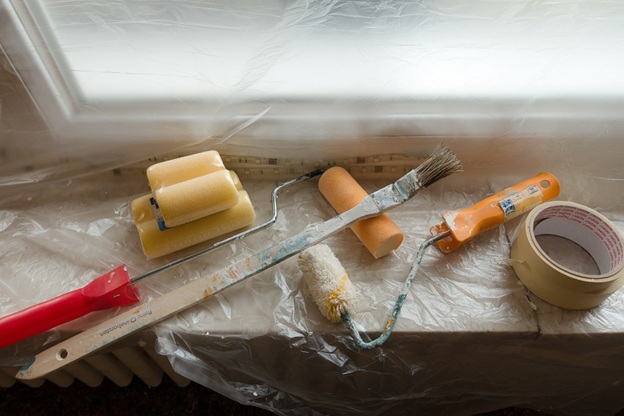For seniors looking for a new venture, house flipping offers a compelling blend of creativity…

If you think you’re ready for home ownership or you want to purchase a different home in the next year, you need to take a look at your credit score. Ensuring that your credit report is free of errors and that it contains mostly positive information makes you a credit-worthy consumer. That makes you a banker’s favorite and gives you the confidence to bid on the home you want at an interest rate you can afford.
Bankers look at your past credit history to make a judgment about your ability and willingness to repay a loan. Positive information goes a long way for loan consideration, so if you have negative items, you should work to correct them.
There’s no quick fix to repairing damaged credit, but there are positive actions you can take starting now. Pull your credit report and go over it very carefully. Start working to improve your credit score today. It will take time, but checking off the items on our list should cause a positive bump in your score within a few months.
Look For Errors
If something is truly in error, don’t hesitate to ask to remove it. Stay professional and courteous when contacting creditors, both current and former, but be firm in your request for the correction of errors. Remember, if you want to improve your credit score, you need errors corrected. Be nice, even if the creditor made an error.
Address Major Negative Items
Accounts in active collections and judgments are major negative items in your credit history. If you have either in your history, you should arrange to pay them as quickly as you possibly can. Judgments can result in wage garnishments and this reflects very poorly against your personal history. The statute of limitation in Oregon is ten years. That means creditors have ten years to sue you for payment. Judgments stay on your credit report for seven years. If you’ve had any payment issues within the last ten years, plan to pay them before they make it to your credit report.
Credit Card Balances
You can still improve your credit score if you have open credit cards. The bank is going to review your credit utilization ratio as well as your debt-to-income ratio. If you have too many open accounts, they may count against you if they’re too high. Give your report valuable positive history by paying credit cards off quickly and on time. If you can’t pay your cards off immediately, then be sure to pay them all on time, and always pay more than the minimum payment due. If you are over your limit, pay the amount that exceeds your limit as soon as possible.
Avoid Opening New Credit Accounts
Opening new accounts reflects in your credit history. During the year that you are working on improving your credit, try to avoid opening new accounts. Credit reporting agencies give you a grace of 30-45 days when they see you’re shopping for a mortgage loan. “Hard” inquiries, such as mortgages, automobile loans, and lines of credit show on your credit report. Multiple inquiries during the same time frame can cause a moderate decline in your credit score. Wait for the new car and furniture until you’ve got the mortgage.
The Bottom Line
Save as much as you can, as often as you can. Banks want to be assured that you will not be financially stressed when paying back your mortgage. Lenders will request your bank statements to determine that your assets have been “sourced and seasoned.” They will want to confirm where your funds are coming from and how long they’ve been in your possession. They want to see that your accounts are in good standing and that the money in them truly belongs to you, so they will often request two or more months of statements. Lenders also like to see savings when they’re reviewing your application for a mortgage. They check your ability to pay a down payment and closing costs. The bigger the down payment that you can afford, the better terms and rates you’re likely to be offered.
It’s important to have a good credit score so that you are eligible for better lending terms, but it’s also important to not overstress yourself in the process of trying to improve it. Creating good financial habits like paying every bill on time every time will naturally improve your score over time. Don’t worry if it takes time to improve your credit score. By starting now, you’re giving yourself time to work on improvement. Stay positive and stay the course. Before you know it, you’ll start seeing your hard work pay off with a better credit score.


